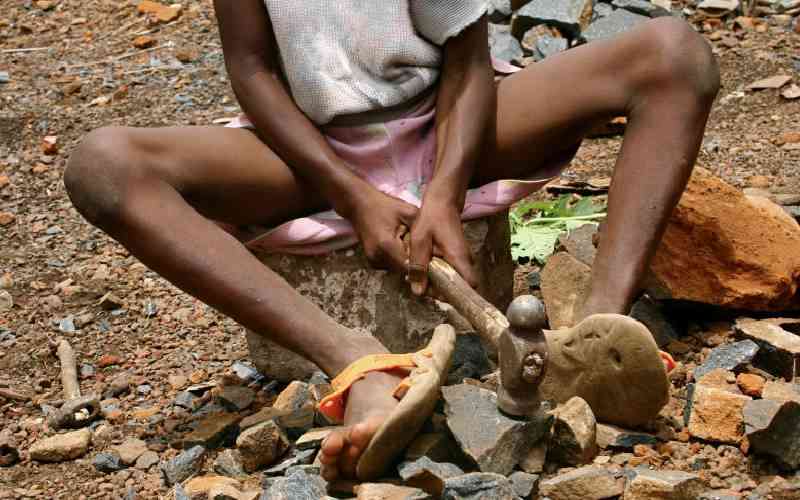×
The Standard e-Paper
Stay Informed, Even Offline

Kenya has performed fairly well in latest global rankings on country response to child sexual exploitation and abuse but experts are warning the statistics may be a facade to a deeper underlying crisis waiting to explode.
In the latest "Out of the shadows Index 2022" ranking researched and developed by the Economist Impact, Kenya came position 21 out of 60 countries, with South African being the only African nation that beat it.